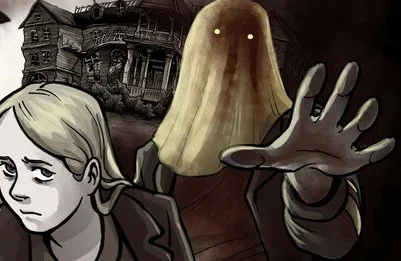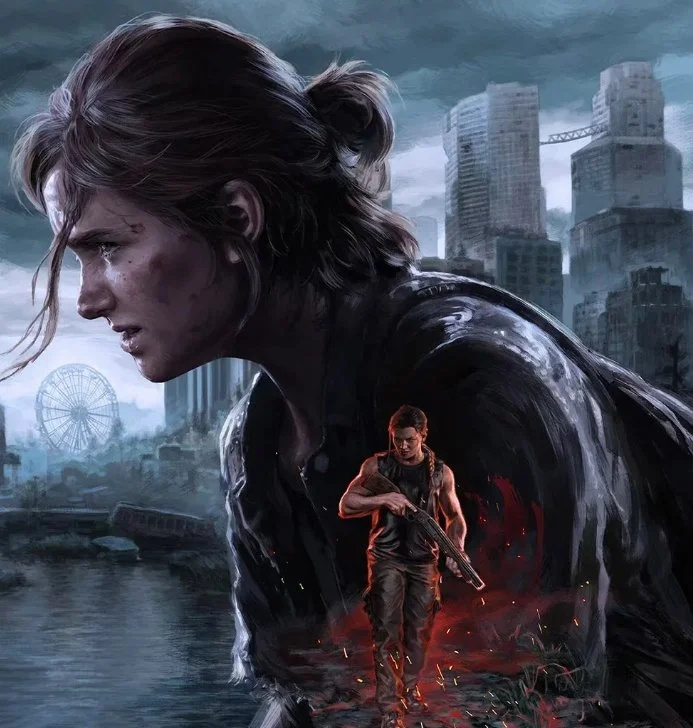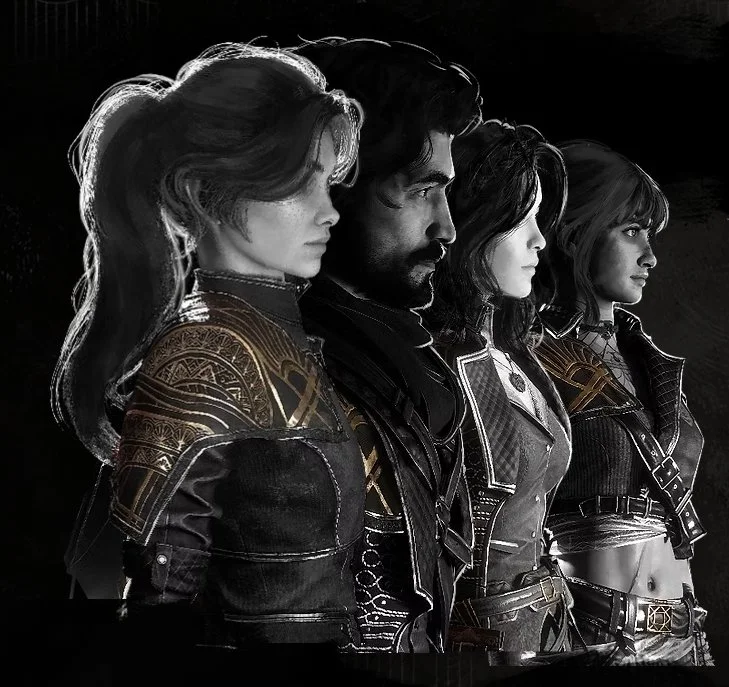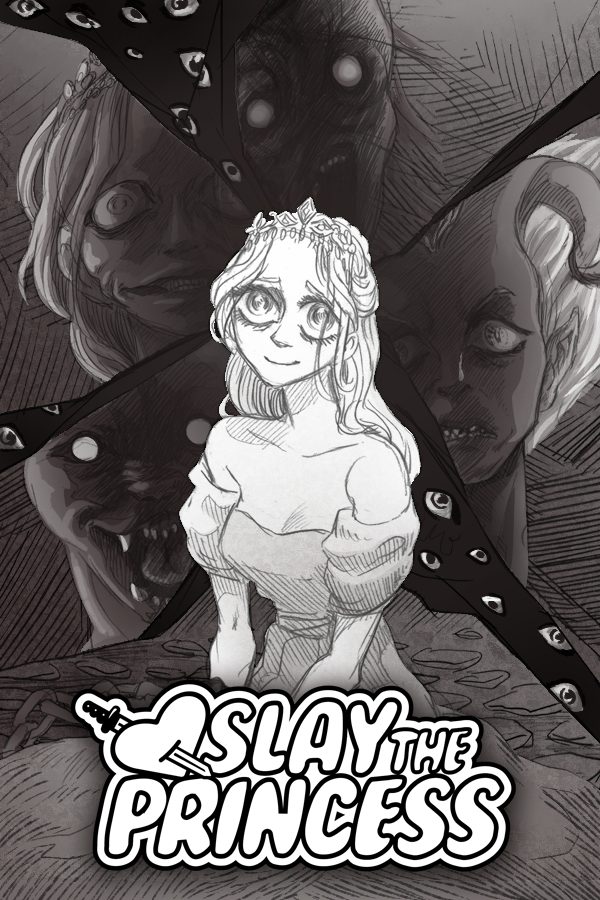The Moral Economy of Good Game Design
How Games Become More Human When Doing the Right Thing Actually Hurts
Most games teach us a strange lesson about morality. They tell us that compassion is convenient. They tell us that the heroic choice is also the wise one. When you act with kindness, the world responds by handing you better equipment, brighter story beats, or a badge of honor. You are rewarded for being good. You become stronger for it.
This feels satisfying, but psychologically it is not how real humans experience moral behavior. In real life, moral action is often costly. We lose time, energy, resources, or opportunities when we help others. We stretch ourselves thin. We do not always get thanked. Sometimes we get punished for doing what is right. The cost is what makes the act meaningful.
A handful of modern games understand this truth intuitively. They create what can be called a moral economy, which in psychological terms refers to a system where ethical behavior requires sacrificing something personally significant. Unlike alignment systems that treat morality as a performance, these games treat it as a lived experience that shapes the player’s identity and emotional state.
Four games in particular illustrate this approach beautifully. Scarlet Hollow, Lisa: The Painful, Omori, and Pathologic each explore moral choice not as a path to reward but as a form of self-burden. They show how vulnerability makes ethics real, and how loss makes stories hit harder. They also quietly demonstrate psychological principles about self-concept, agency, and the emotional weight of irreversible decisions.
Scarlet Hollow and the Psychology of Costly Altruism
In Scarlet Hollow, saving a life does not make your protagonist a celebrated hero. Instead, the act magically ages them. Their body weakens. Their future options narrow. The consequences linger in every conversation and every moment of danger.
This design resonates with a psychological concept known as costly altruism. In human behavior studies, altruism is most meaningful when it demands a sacrifice. A moral choice that takes something from us increases both its sincerity and its emotional weight. People evaluate themselves more honestly when their actions impose a personal cost. The brain treats sacrifice as evidence of genuine commitment.
By physically aging the player, the game creates a persistent marker of that commitment. You do not just recall that you sacrificed something. You experience the effects every time your older body slows you down or doors close that once were open. The decision reshapes your identity, which mirrors how real moral experience alters the self.
The brilliance of Scarlet Hollow is that it does not congratulate you for your kindness. Instead, it asks whether you are willing to carry the consequences. This is the foundation of a true moral economy.
Lisa: The Painful and the Neuroscience of Embodied Consequence
Lisa: The Painful takes this further by grounding morality in the body. To save a companion, Brad must surrender his arm. The loss is permanent, and the gameplay becomes harder in a very literal sense.
This mechanic parallels an idea from cognitive psychology called embodied cognition. The theory suggests that our physical state influences our emotions, decision making, and self-concept. When the body changes, the mind changes.
Brad’s missing arm is not symbolic. It alters his functional capacity and forces the player to adapt emotionally and strategically. You feel the loss because the game constantly reminds you through difficulty spikes and changed animations. In psychological terms, the sacrifice creates a heightened sense of agency. You chose this path, and now you live with it.
Lisa weaponizes empathy. The world punishes compassion, and every moral decision becomes a form of self-harm. This design mirrors how trauma and caregiving often work in real life. Helping others can exhaust or injure us. Protecting someone can change us in ways we cannot undo.
The game’s cruelty is not gratuitous. It highlights how genuine moral decisions often carry enduring consequences that reshape the trajectory of a life.
Omori and the Emotional Cost of Truth
Where Scarlet Hollow and Lisa use physical deterioration, Omori uses psychological confrontation. The game’s central moral dilemma requires the player to decide whether to face an unbearable truth or remain inside the comforting numbness of denial.
From a psychological standpoint, this reflects the conflict between avoidance and exposure. Humans instinctively avoid painful memories to protect themselves, but long-term healing requires facing the truth. Exposure comes with emotional cost, often including anxiety, grief, and disorientation.
In Omori, choosing truth destroys the dreamworld that has protected the protagonist. It destabilizes relationships and forces emotional vulnerability. The moral choice does not reward you with clarity or emotional strength. Instead, it injures you. You lose safety. You lose comfort. You lose the soft world you built to survive.
This mirrors the psychological process of confronting trauma. It is not heroic in the way games usually portray. It is frightening, raw, and destabilizing. Morality becomes a willingness to experience pain for the sake of honesty, which is perhaps the most human form of courage.
Pathologic and the Ethics of Scarcity
If Lisa shows morality as bodily sacrifice and Omori shows it as emotional sacrifice, Pathologic shows morality as a slow erosion of survival. Helping someone means giving up medicine or food. Saving one life often condemns another. Every act of kindness steals from your own dwindling resources.
This design reflects fundamental principles of moral psychology and behavioral economics. When resources are scarce, ethical decisions become heavier and more psychologically taxing. Studies on decision fatigue and cognitive load show that moral clarity erodes when people are exhausted, hungry, or deprived.
Pathologic places players inside this mental landscape. Your avatar becomes weaker, hungrier, and more infected the more you try to act ethically. Morality increases your suffering while reducing your chance of survival. This is as realistic as it is bleak. In real crises, ethical action often worsens personal conditions.
The game’s great achievement is its refusal to offer clean outcomes. You often choose between two evils. You endure the emotional strain of responsibility, which mirrors real-world moral stress. Psychologists describe this as moral injury, the guilt and grief that arise when circumstances force us to violate our own ethical standards.
Why These Games Work: The Psychology Behind Moral Cost
Across all four titles, a few shared psychological principles emerge.
1. Sacrifice creates meaning.
Humans assign greater emotional value to choices that require personal loss. Games that integrate sacrifice strengthen narrative immersion and personal investment.
2. Irreversible decisions build identity.
When a choice cannot be undone, the player integrates it into their sense of self. This mirrors real cognitive patterns in which commitment shapes personal identity.
3. Vulnerability increases empathy.
Weakness makes the world feel more threatening and relationships feel more important. This heightens emotional engagement and narrative tension.
4. Loss enhances narrative memory.
Psychologically, negative experiences and sacrifices are more memorable than rewards. This anchors the story more firmly in the player’s mind.
5. Moral conflict fosters reflection.
Games that challenge the player’s ethics encourage introspection. This is where the deepest emotional and psychological impact lives.
These principles explain why the moral economies of Scarlet Hollow, Lisa, Omori, and Pathologic resonate so strongly. They create friction. They create weight. They create responsibility.
Simply put
The most powerful moral stories in gaming do not flatter the player. They do not reward virtue with strength. They do not turn ethics into an achievement system. Instead, they ask the player to carry something heavy.
Scarlet Hollow takes your vitality.
Lisa takes your body.
Omori takes your emotional safety.
Pathologic takes your chance of survival.
These sacrifices create narrative gravity. They remind us that doing the right thing often hurts, and that vulnerability is central to being human. When a game asks us to return something meaningful to the world, we leave the experience changed.
A game only tests your morals when it asks what you are willing to lose.
References
Reinterpreting the empathy–altruism relationship: When one into one equals oneness.
Some Consequences of Having Too Little | Science
Detecting the Snake in the Grass - Vanessa LoBue, Judy S. DeLoache, 2008
The Strength Model of Self-Control - Roy F. Baumeister, Kathleen D. Vohs, Dianne M. Tice, 2007
The need to belong: Desire for interpersonal attachments as a fundamental human motivation.
Grounded Cognition | Annual Reviews
Social Cognition 2.0: An Interactive Memory Systems Account: Trends in Cognitive Sciences










Discover the ethical dilemmas and psychological effects of Brain Dances in Cyberpunk 2077. Explore issues of privacy, addiction, empathy, and identity as virtual reality blurs the boundaries of reality and memory in the cyberpunk world.